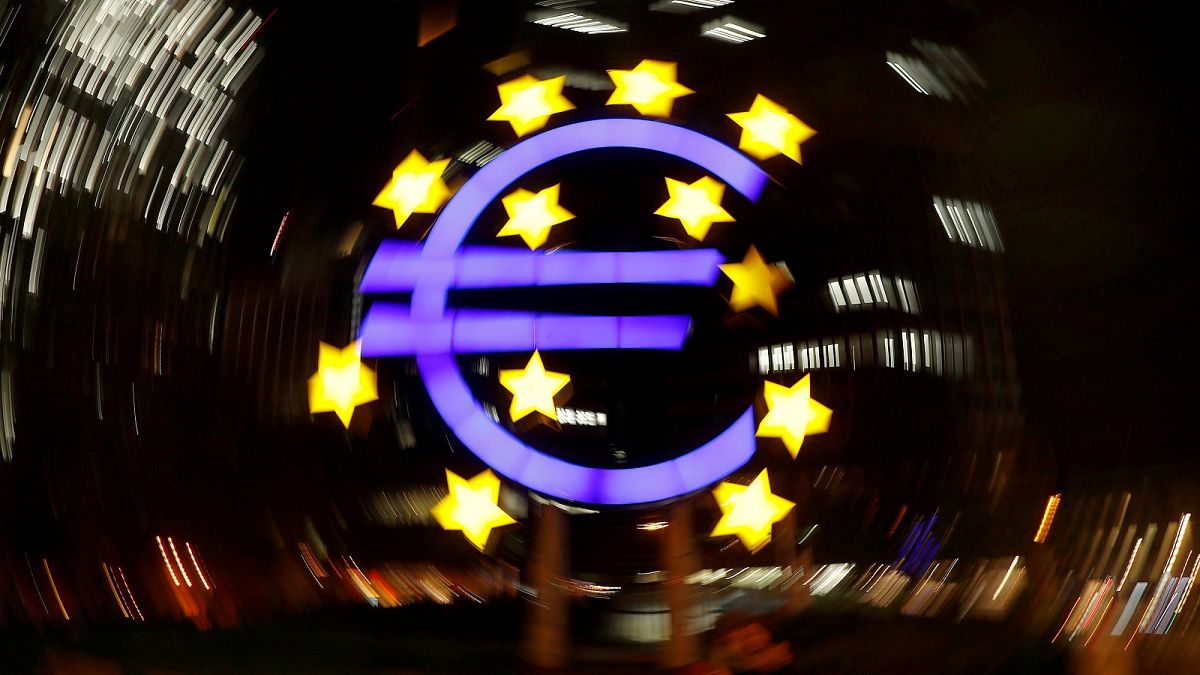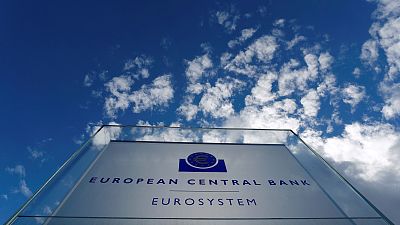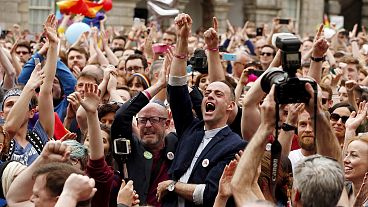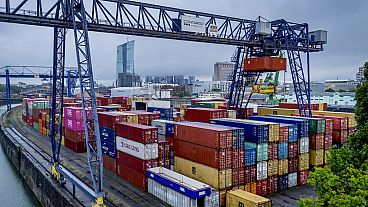Why, 20 years on from the birth of the eurozone, are people so unhappy and ready to blame the European Central Bank (ECB) for the poor economic performance of their country and the absence of a bright future?
Over the past decade, we have seen growing anger against the euro and the European Union establishment. This ill feeling towards them has caused the rise of populism across the continent, which ultimately led to dramatic outcomes like the election of Tsipras in Greece, Brexit in the UK, the unlikely Italian coalition between the right wing nationalist party and the Five Star party, and the increased vote for nationalist parties in countries like in Austria, Spain and France.
Why, 20 years on from the birth of the eurozone, are people so unhappy and ready to blame the European Central Bank (ECB) for the poor economic performance of their country and the absence of a bright future? The answer may be found in the lie they were sold over what to expect from the adoption of a common currency.
“Getting in the euro was supposed to be the hardest part”
The optimal currency area theory requires participating countries to have certain properties. The 11 European countries willing to embrace a common currency - Belgium, Denmark, France, Germany, Greece, Ireland, Italy, Luxembourg, Netherlands, Portugal and Spain – when the Eurozone was established, did not all meet these requirements. In order for an integrated trade area to benefit from the adoption of a common currency, they would need to have synchronised economic cycles, a flexible labour market, perfect mobility of factors of production, flexible prices and a system of fiscal transfer in order to ease the adjustment of countries with a misaligned economic cycle.
The euro clearly started as a political project. To make the single currency happen, the 11 founding European countries ratified the Maastricht Treaty to force their economies to synchronise economic cycles in order to pass the entry test. In order to be successful, countries had to have a budget deficit/GDP lower than 3%, debt/GDP lower than 60%, average inflation of no more than 1.5% above the rate of the three best performing member states, an interest rate of not more than 2% above the rate of the three best performing member states and participation in the European Monetary System (EMU) for at least 2 years without devaluation.
Although the UK rejected the common currency, it did adopt the Maastricht criteria and ironically, by 1998, it was the only country successfully meeting the conditions of the agreement. At the time, the deal was clear to each of the participating countries; their government must do whatever it takes to be part of the Euro and they did. The first step was supposed to be the hardest part. Once countries met the conditions required to be part of the euro area, all the benefits would flow in and everyone will live a wonderful life in an “euro wonderland”. Things turned out to be quite different. The economic policies required to join the eurozone had to be continued to make the euro work smoothly. This is where the lie started.
You can’t have it all: the stability of the Deutschmark and your own fiscal policy
The euro is essentially the politically-correct version of the Deutschmark, the basis of a lie politicians told which shows exactly what it takes to be part of a single currency. In other words, if you want to enjoy a stable currency capable of competing at the international level with the dollar, you need to adopt a neutral monetary policy consistent with a conservative fiscal policy. This is commonly called orthodox economic policy.
Put in simple terms, this means that governments under the euro area have no choice but to keep government spending low. Indeed, the rules of a common currency area are no different than a fixed exchange rate system. The loss of monetary sovereignty reduces member countries’ ability to back an expansion of their fiscal policy.
Since monetisation is no longer possible, governments finance their deficit either by increasing their tax revenue or by issuing bonds. Tax revenue increases only if the additional spending generates sufficient growth as predicted by the fiscal multiplier. Issuing bonds only works as long as investors are willing to buy them and even then, the success of the strategy depends on the yield. The margin of manoeuvre for governments who overspend is significantly restricted. Needless to say, none of these conditions were communicated to the people living in the countries who adopted the euro, despite the fact that their livelihoods would be directly impacted by the move.
The euro area is prone to free riding
Nonetheless, shortly after the adoption of the euro, the temptation to continue to spend was strong. This was particularly the case for some of the euro members who were benefiting from reduced interest rates thanks to the euro being a better quality currency than their former national currency. This was especially true for the southern European countries whose currencies had a long history of devaluation.
Aware of this free riding problem, Germany insisted on enforcing the stability pact to make sure that the euro user countries continued their efforts to pursue similar economic policies and synchronise their economic cycles. Germany was right to be concerned. Greece free rode and defaulted despite the existence of the stability pact because investors considered the euro sovereign bond market to mean that the stronger euro members will always bail out the weak countries.
In spite of the sovereign debt crisis, not every government of the euro area shares the German view. On the contrary, some euro members continue to blame Germany and the ECB for not letting them spend the way they want, arguing that the stability pact is the major obstacle to the economic recovery of their economy.
This argument is repeatedly heard in France. The lie promising economic opportunity at no cost should never have been sold to the people. The truth is that governments of the eurozone can no longer independently decide their own fiscal policy. This responsibility for this reality needs to be explicitly assumed by governments and explained to their people. It is not true that you can have it all. As we say in economics, there is no such thing as a free lunch. Monetary stability comes at a cost: fiscal discipline.
Nathalie Janson is an Associate Professor of Economics at theNEOMA Business School.
____________
Are you a recognised expert in your field? At Euronews, we believe all views matter. Contact us at view@euronews.com to send pitches or submissions and be part of the conversation.



